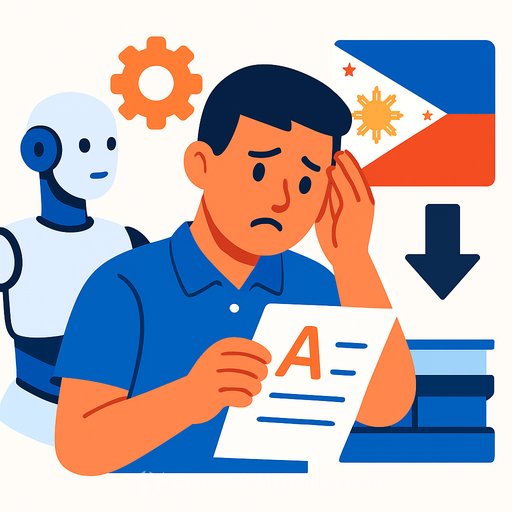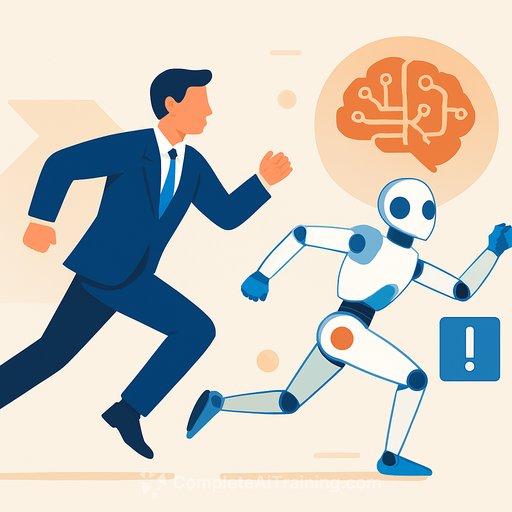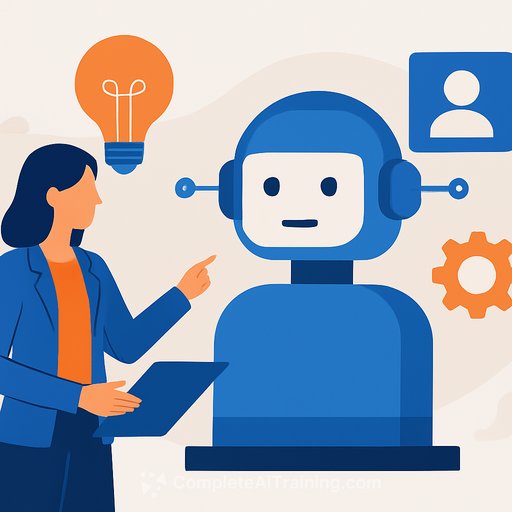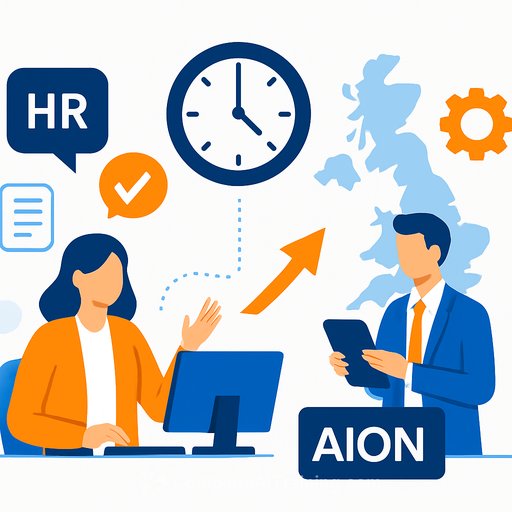The bleak future of our atomized labor force: An HR playbook
AI is exposing the cracks in how we educate, certify, and deploy talent. The Philippines sits below the global median in AI readiness, and roughly a third of jobs are highly exposed to automation. Exposure can be an upgrade or a downgrade. HR decides which direction it goes.
The bottleneck: Schooling and licensure reward recall, not reasoning
Tests like Pisa 2022 place the country near the bottom in reading, math, and science-areas that measure reasoning, not recall. World Bank data on learning poverty shows high enrollment, low comprehension. We graduate people who follow procedures with care but hesitate to improvise under uncertainty.
That rigidity continues into professional life. Many fields require a narrowly defined degree and a one-shot licensure exam with low pass rates. Competence becomes binary-licensed or not-rather than a continuum supported by modular learning, apprenticeships, and progression.
OECD Pisa and the World Bank's learning poverty brief are clear on the pattern: we reward memorization over reasoning.
Why this matters for HR
AI eats routine. It rewards interpretation, ethical judgment, and strategic thinking. If your workforce is optimized for procedures, you're training people for tasks machines will do cheaper and faster.
- Enduring skills: problem framing, analysis, judgment, communication, collaboration across disciplines.
- Fragile skills: rote computation, form-filling, process-only execution without context.
Case in point: Accounting
Accounting curricula lean heavily into procedural and computational work-roughly two-thirds of instruction-while only a third builds interpretation, ethics, or strategy. Those "human" areas are the least automatable, yet they get the least time. The result: precision without perspective.
- Rewrite finance and accounting job descriptions to emphasize analysis, scenario thinking, audit analytics, and stewardship-not just closing speed.
- Shift career ladders from "more volume, more forms" to "more ambiguity, more decision authority."
- Upskill for data analysis and AI-assisted workflows; reduce manual reconciliation time targets and reinvest the hours into review and insight.
- Rotate accountants through strategy, ops, and product teams to build judgment and context.
From fortress professions to fluid skills
Closed, degree-locked roles create silos. The future needs integrators-people who can move laterally, connect ideas, and solve cross-functional problems. HR can make that shift without waiting for new laws.
- Adopt skills-based hiring: accept adjacent degrees and credible micro-credentials; prove competence on the job.
- Use apprenticeships and project-based trials to validate capability before full credentialing.
- Recognize partial progress: stackable certificates, internal badges, and pay for skill acquisition.
- Assess for reasoning and ethics through simulations and case work, not just multiple-choice tests.
A 90-day plan for HR leaders
- Days 0-30: Map task exposure. For your top 20 roles, list core tasks and tag them routine vs. interpretive. Prioritize three roles with 40%+ routine work.
- Days 31-60: Redesign roles. Strip or automate routine tasks; add analysis, stakeholder engagement, and decision rights. Update competencies and interview guides.
- Days 61-90: Launch pilots. Start an internal apprenticeship for one role. Create a cross-functional rotation. Fund two micro-credential tracks per team (analysis + ethics/decision-making).
Metrics that prove progress
- % of role profiles with skill definitions and task-level automation plans.
- Internal mobility rate across functions and time-to-productivity for transfers.
- Routine-to-interpretive task ratio per role (trend down on routine over 6 months).
- Hours saved via automation redeployed to analysis and stakeholder time.
- Quality metrics: fewer rework cycles, faster insights to decisions, audit issues reduced.
Policy and partnership levers (you can start now)
- Partner with universities and training providers for modular, stackable programs tied to real projects.
- Co-create apprenticeship tracks with professional bodies to recognize workplace learning as legitimate progression.
- Update tuition support to prioritize micro-credentials and short cycles with clear skill outcomes.
- Host mixed-discipline problem sprints to break silos and build lateral thinking.
What to prioritize next
Stop treating credentials as gates. Treat them as milestones. Build a workforce that can reason, connect, and decide-and let AI handle the repetitive parts. That's how you convert exposure into productivity instead of obsolescence.
If you need structured paths to skill up your teams by role, see this curated list of AI upskilling pathways by job.
Your membership also unlocks:






